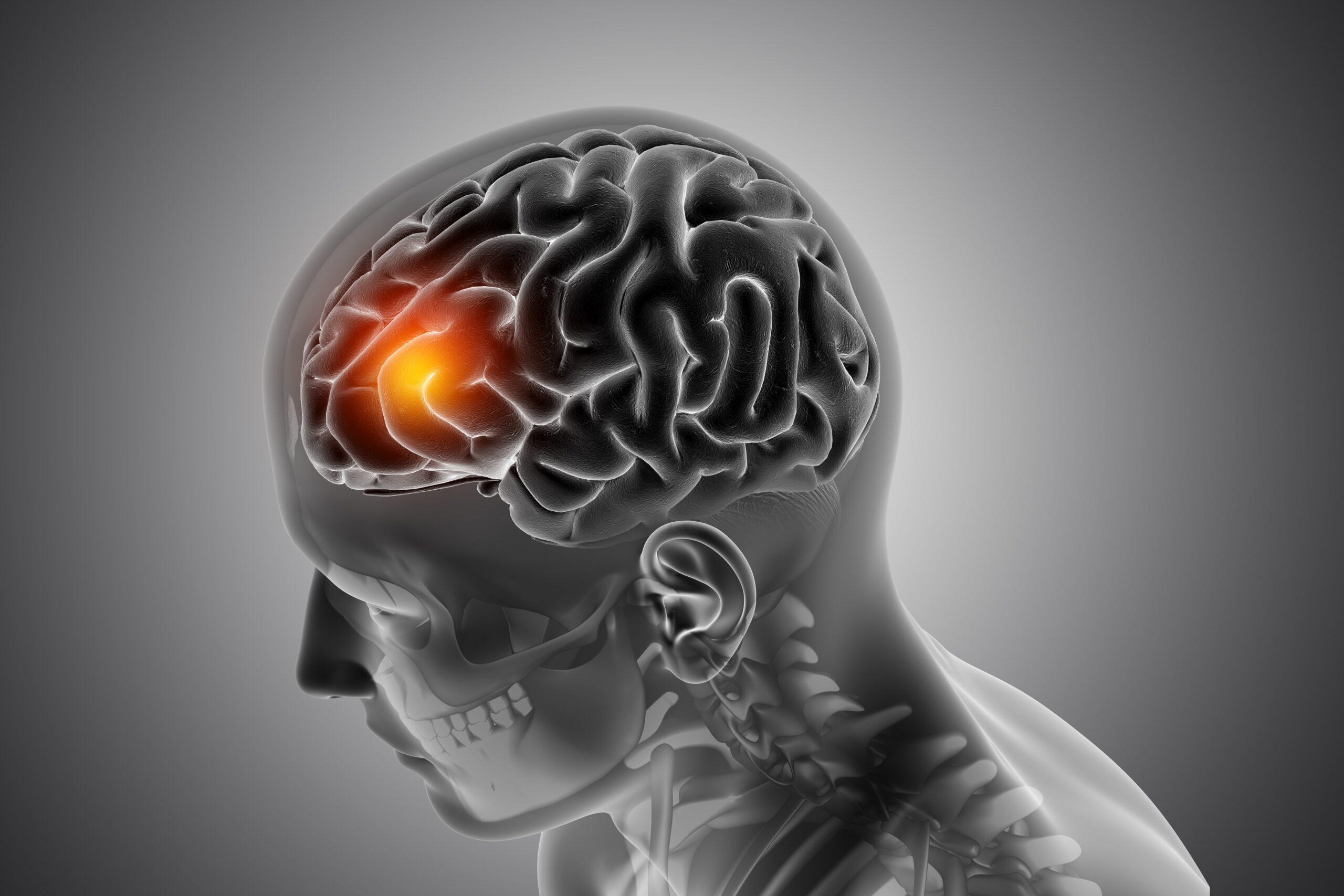Neurology is a complex science that continuously discovers interesting connections between seemingly unrelated conditions. Among them, one interesting connection is the link between migraines and epilepsy, two neurological conditions with overlapping symptoms, triggers, and treatment strategies. As a leading neurologist in Pune, Dr. Chinmay has devoted his skills to the study of these conditions and helps patients manage them properly at Dr. Chinmay’s Neurology Clinic.
We are going to discuss the neurological association of migraine with epilepsy, which reveals how similar and different they are in patients’ needs and the best neurologist in Pune differences this implies for treatment
Migraines and Epilepsy
What is Migraine?
A migraine is far more than simply a headache. Migraine is a complex neurologic disorder manifested by severe, painful throbbing headache, typically one-sided in location. Some patients also experience:
- Light, sound, or even smell sensitivity
- Nausea and vomiting
- Aura: visual disturbance
- Fatigue and inability to focus
Migraines can last from a few hours to several days and severely affect the daily routine.
What is Epilepsy?
Epilepsy is a neurological condition that arises with recurring seizures due to unusual electrical activity in the brain. Seizures may present in the following forms:
- Generalized tonic-clonic seizures (seizures with convulsions)
- Absence seizures (brief, temporary lapse of consciousness)
- Focal seizures (seizures involving particular regions of the brain)
Although epilepsy may have varying symptoms and severity from one patient to another, most require chronic management.
Common Characteristics of Migraines and Epilepsy
Due to these commonalities, scientists started exploring their possible neuroscientific relationship. Some common characteristics between them are as follows:
- Similar causes.
Similar factors can cause both, including the following:
- Stress and anxiety
- Sleep deprivation
- Hormonal changes
- Caffeine, alcohol, or other processed foods
- Bright lights or loud noises
- Aura Phenomenon Most people with migraine experience an aura before the onset of headache. This aura may be in the form of visual disturbances, tingling sensations, or difficulty in speaking-features that can mimic the onset of a seizure.
Focal seizures, too, can start with an “aura,” which is the sign that heralds an impending seizure.
- Neurotransmitter Imbalance In both diseases, dysfunction in neurotransmitters such as serotonin and gamma-aminobutyric acid (GABA) has been implicated in the abnormal electrical activity in the brain.
- Genetic Overlap Family history is a significant risk factor for both migraine and epilepsy, suggesting a genetic overlap. Several genes have been identified that are associated with both diseases, further supporting their neurological link.
The Neurological Link
- Cortical Spreading Depression (CSD): A Common Mechanism
One potential mechanism that has been proposed between migraines and epilepsy is cortical spreading depression, or CSD. CSD is an electrical wave that travels across the cortex of the brain, causing a cascade of abnormal electrical activity. It has been postulated that CSD causes the aura seen in migraine but also lowers the seizure threshold in the brain, thereby potentially causing epilepsy.
- Hyperexcitability
The Brain Both conditions feature enhanced brain excitability. Hyperexcitability in migraines might start the headache, while hyperexcitability in epilepsy can cause the attack of a seizure. These similarities in brain activities can help to understand why migraine sufferers have an increased propensity towards the development of epilepsy and vice versa.
- Shared Neural Pathways
Migraines and epilepsy may involve similar neural circuits, particularly those controlling sensory processing, pain perception, and autonomic functions. These shared pathways could contribute to the co-occurrence of both conditions in some individuals.
Key Differences
Despite their similarities, migraines and epilepsy are distinct disorders:
1.Nature of Episodes
- Migraines involve prolonged pain episodes, often lasting hours to days.
- Epileptic seizures are brief and usually last from a few seconds to minutes.
- Brain Activity Patterns
- Migraines are linked with patterns of abnormal electrical activity waves
- Epilepsy is characterized by sudden and intense bursts of electrical activity in the brain.
- Treatment Approaches Although some treatments overlap such as anti-seizure medication used for migraine prevention the overall management strategies are much different.
Diagnosis and Management
Diagnosis The diagnosis of migraines and epilepsy would depend upon detailed medical history, neurological examination, and diagnostic tests, which include:
- MRI or CT scans to detect structural abnormalities.
- EEG-Electroencephalogram to observe brain activity
Dr. Chinmay’s Neurology Clinic in Pune is modernly equipped with all diagnostic tools available to identify and distinguish between such conditions.
Treatment
- Medications: Anti-seizure drugs like valproate, topiramate are useful both for the two. Other alternative drugs are triptans for migraine and specific anti-epileptic drug.
- Lifestyle Changes: Stress management along with proper sleep and nutritious diet decreases the frequency both of migraines and fits.
- Advanced Therapies: For drug-resistant epilepsy, VNS or surgery might be an option.
When to See a Neurologist
Recurring migraines, seizures, or even both require expert care. Early diagnosis and management can make a huge difference in the quality of life. Dr. Chinmay is one of the leading neuro specialists in Pune who deals with both migraines and epilepsy, tailoring the treatment plans according to individual requirements.
Summary
Understanding the neurological link between migraines and epilepsy neuro specialist in Pune throws light on their shared mechanisms and helps refine treatment strategies. If you or a loved one is struggling with these conditions, Dr. Chinmay’s Neurology Clinic in Pune offers expert diagnosis and personalized care to help you regain control of your life.
Book an appointment today with the best neurologist in Pune to embark on your journey toward better neurological health.



